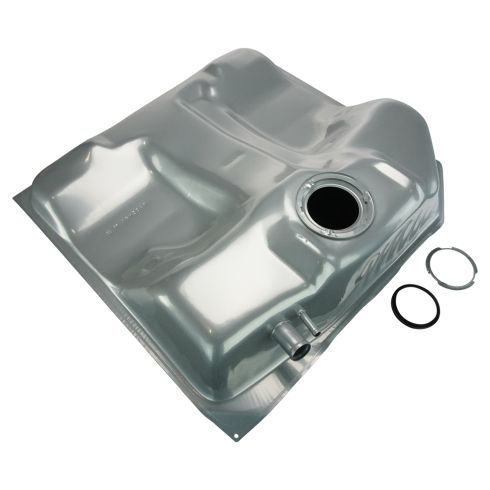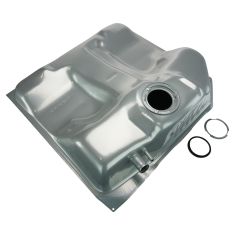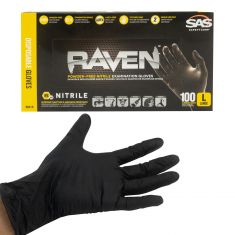1AFGT00305-Chevrolet Buick Pontiac Olds Fuel Tank TRQ FTA07676

Replaces
1996 Chevrolet Lumina V6 3.4L Fuel Tank TRQ FTA07676

Frequently bought together
Product Reviews
Loading reviews
There are no reviews for this item.
Customer Q&A
How do you remove the ant-siphon component from the old tank and install in new tank?
September 13, 2022
Chevrolet is a registered trademark of General Motors Company. 1A Auto is not affiliated with or sponsored by Chevrolet or General Motors Company.
See all trademarks.















